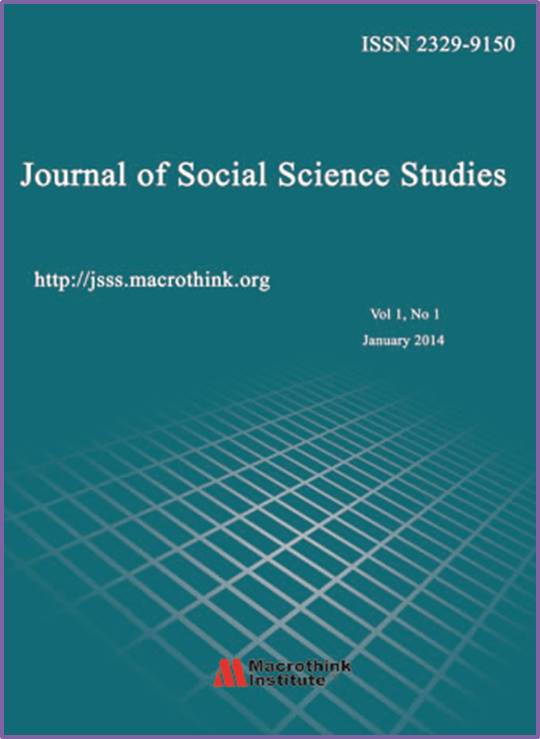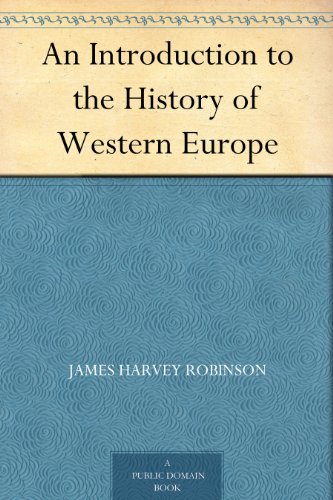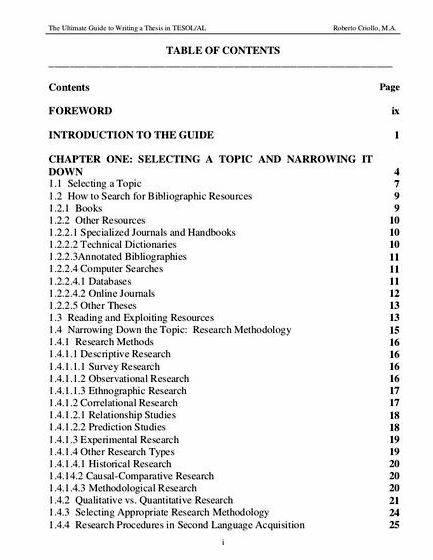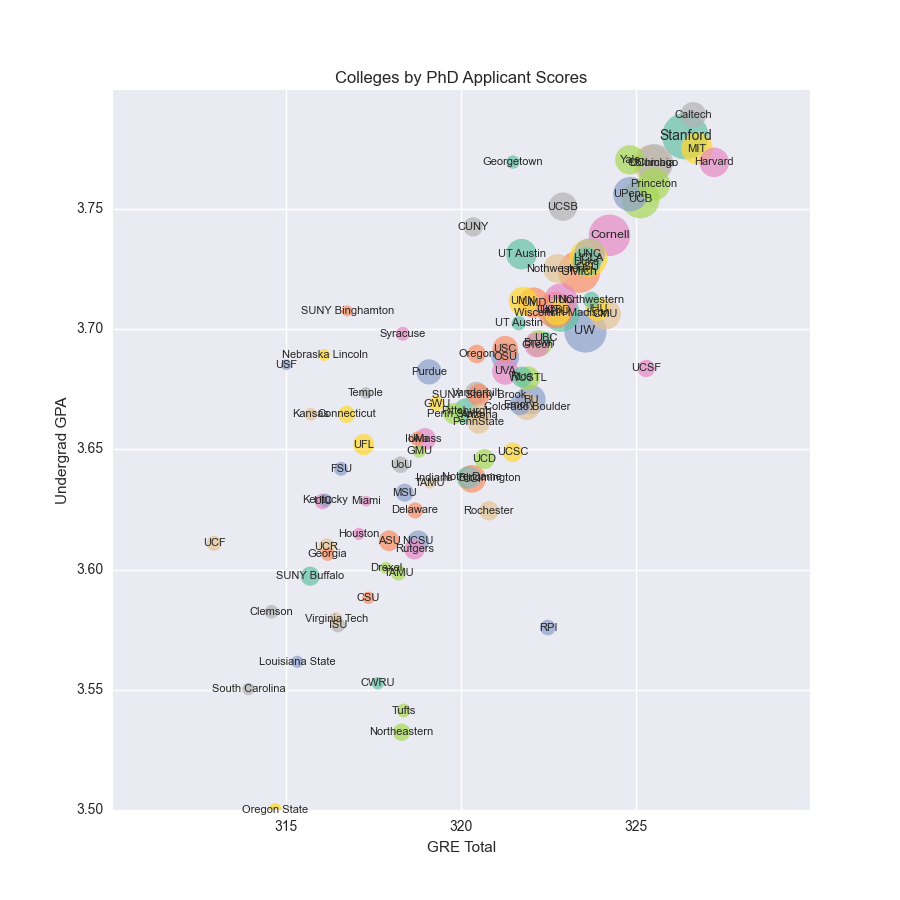Bertolt Brecht and epic theatre: V is for.
Follow Erwin Piscator and explore their bibliography from Amazon.com's Erwin Piscator Author Page.
Essays; Theatre; Differences Between Naturalistic and Epic Approaches to Performance. 1847 words (7 pages) Essay in Theatre. Erwin Piscator influenced Epic theatre, he aimed to encourage playwrights to address issues related to modern situations in the world and epic theatre.. Brecht used socio-political theatre in his performances to.

As the centennial of his birth approaches, a revaluation of Erwin Piscator's influence on the theatre of the western world seems due. Although he was the first to do political qua epic theatre, it was his pupil Brecht who received all the attention.During the Hitler years Piscator spent almost 13 years (1939-1951) in the United States where he founded and directed the Dramatic Workshop at the.

The Great European Stage Directors Set 1 offers an authoritative account of the work, lineage and legacy of the major theatre directors from the late nineteenth and first half of the twentieth centuries. Across the four volumes and the companion series Set 2: Post-1950, it provides a uniquely rich study of the genealogy and development of a practice through focus on individual directors and.

Abstract “Politics in a work of literature is like a pistol-shot in the middle of a concert, something loud and vulgar, and yet a thing to which it is not possible to refuse one’s attention.” 1 Stendhal’s offhand remark has often been interpreted as endorsing a strict opposition between two antithetical spheres: the realm of the aesthetic on the one hand and the realm of the social on.

The drama of revolution is a political text through and through, but it cannot separate the political from the theatre; the drama of revolution is in search of a form, a meta-theatre, in which the overcoming of an order is thus first and foremost the attempt to suspend the law of genre.

Brecht's approach to epic theatre drew on the work of earlier director Erwin Piscator, as well as cabaret, Elizabethan history plays and new technologies of light and sound. Andrew Dickson explores how the rejection of naturalism, in the service of political ideals, underpins Brecht's plays, and considers the influence of Brecht's techniques on theatre today.

Studies the theater and dramatists of the Weimar Republic to illuminate the ways political ferment, social unrest, and labor struggles were brought to the people through new stage productions and restagings of classic works.. The Political Theatre Erwin Piscator No preview available - 1980.

The drama of revolution is a political text through and through, but it cannot separate the political from the theatre; the drama of revolution is in search of a form, a meta-theatre, in which the overcoming of an order is thus first and foremost the attempt to suspend the law of genre. This essay.

Brecht basically wanted a new type of theatre for the 'scientific' age. Dramatic theatre was the traditional form at the time but Brecht along with Piscator created the first Epic theatre. Epic theatre took Brecht years to formulate and was not firmly established until the 1940's-50's. Both forms of theatre had a di.

A tendentious view of the shaping of 20th-century theatre by an influential director emerges in Erwin Piscator, The Political Theatre, translated and edited by Hugh Rorrison (1978; originally published in German, 1929).Perceptive analyses of aesthetic points of view represented in theatrical production include Mordecai Gorelik, New Theatres for.

Module aims. The idea that dramatic writing has a strong political currency, more so than other art forms, is long established. The twentieth century has given rise to diverse forms of political theatre that entertain a privileged relation with the international left, pacifism, anti-colonial campaigns and liberation movements, and to many powerful plays dealing with civil rights, labour rights.

Dramaturgy: A Revolution in Theatre is a substantial history of the origins of dramaturgs and literary managers. It frames the explosion of professional appointments in England within a wider continental map reaching back to the Enlightenment and eighteenth-century Germany, examining the work of the major theorists and practitioners of dramaturgy, from Granville Barker and Gotthold Lessing to.



